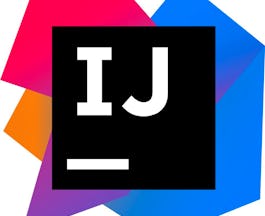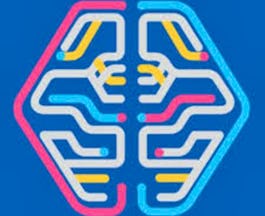Filter by
The language used throughout the course, in both instruction and assessments.
1,133 results for "software engineering"

Coursera Project Network
Skills you'll gain: Marketing, Social Media, Software Engineering, Software Testing

LearnQuest
Skills you'll gain: Data Management, Leadership and Management, Big Data, Data Warehousing, Databases, Security Engineering, Data Analysis, Data Structures, Data Model, Database Application, Database Design, Network Security, Data Visualization, Cloud Computing

Skills you'll gain: Strategy, Communication, Leadership and Management, Business Analysis, Database Administration, Data Management, Data Analysis, Databases, Market Analysis, Strategy and Operations, Design and Product, Machine Learning, Tensorflow, Cloud Computing, Cloud Platforms, Google Cloud Platform

Universidad Austral
Skills you'll gain: Web Development, Computer Programming, Full-Stack Web Development, Javascript, Front-End Web Development, HTML and CSS, Databases, Angular, Business Analysis, Leadership and Management, Strategy, Web Design, Computer Programming Tools, Data Analysis, Data Management, Design and Product, E-Commerce, Visual Design, Software Testing, Software As A Service
Searches related to software engineering
In summary, here are 10 of our most popular software engineering courses
- اختبر البناء الخاص بك في مصحح الأخطاء في برنامج انتيلي جاي: Coursera Project Network
- Key Technologies in Data Analytics: LearnQuest
- Machine Learning with TensorFlow on Google Cloud en Español: Google Cloud
- Full Stack Web Development en Español: Universidad Austral










